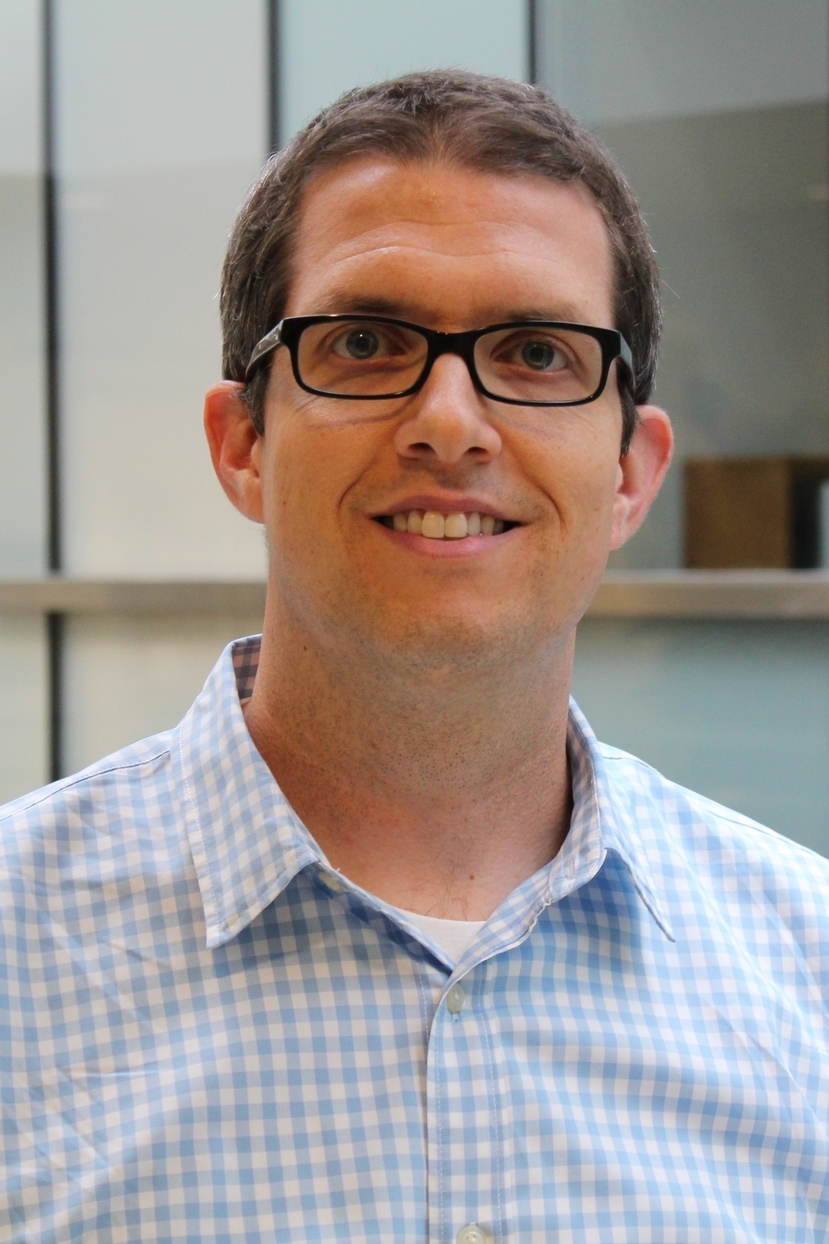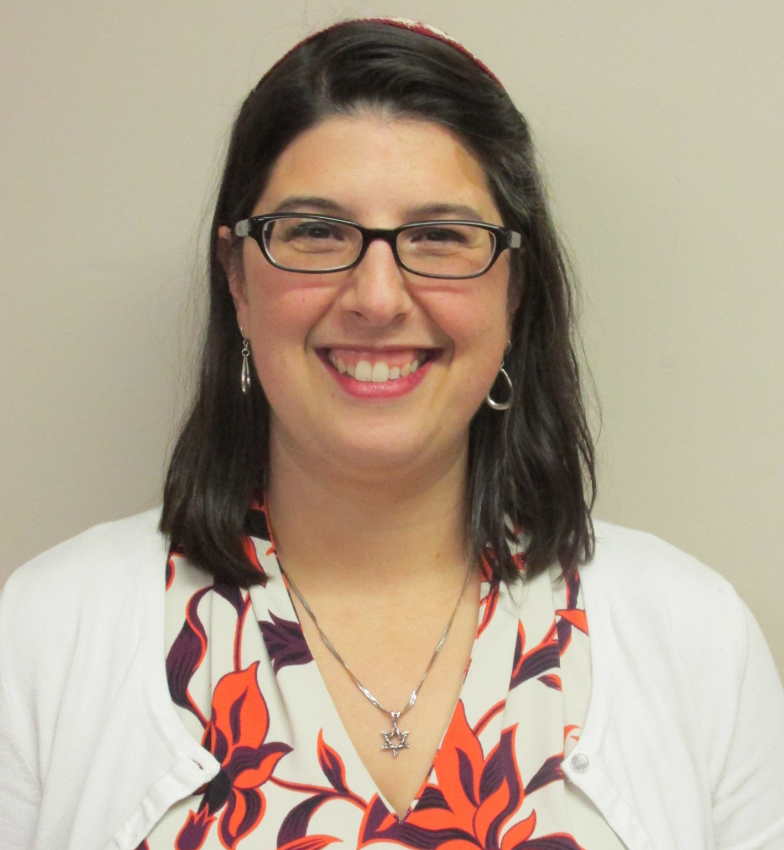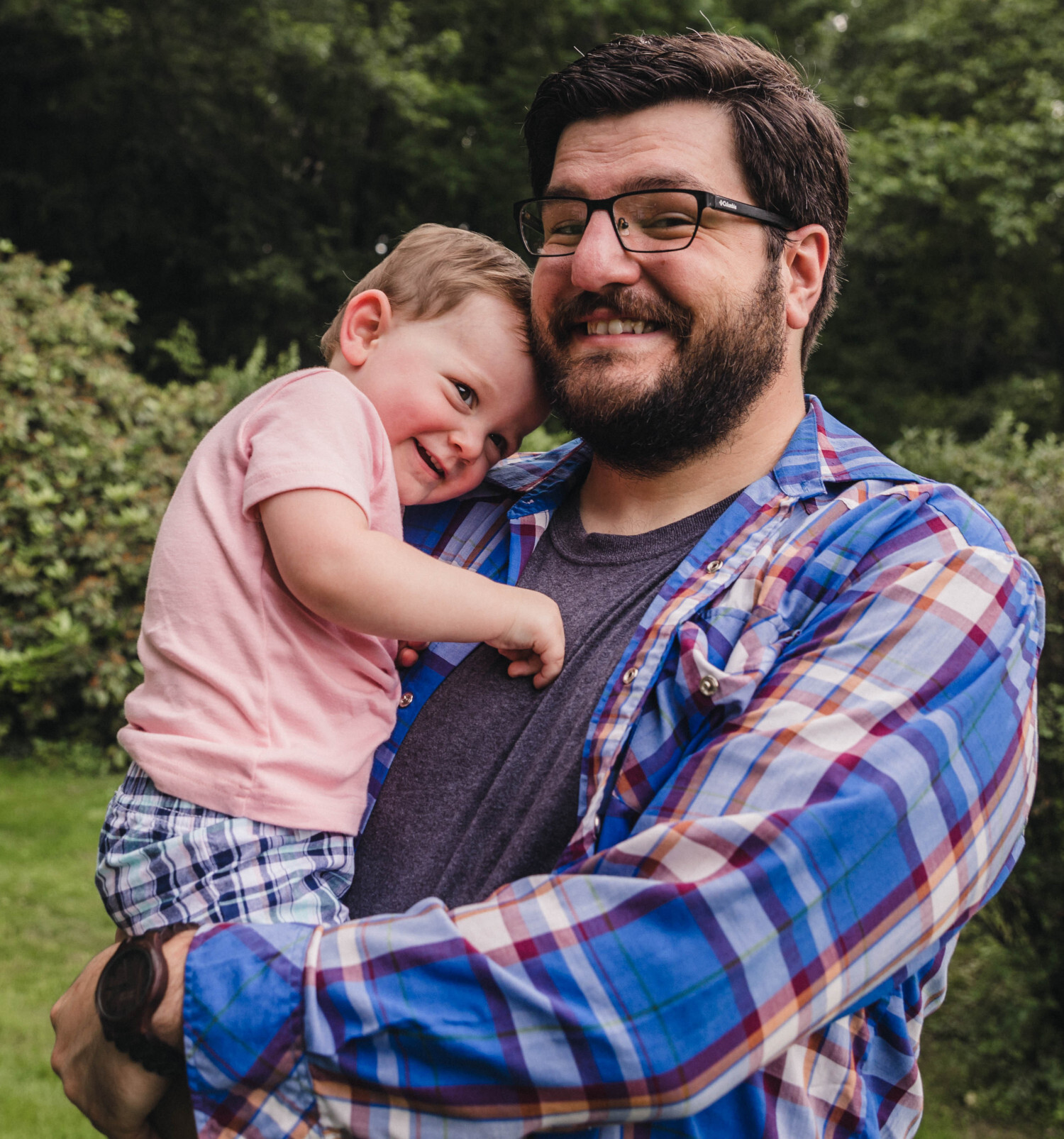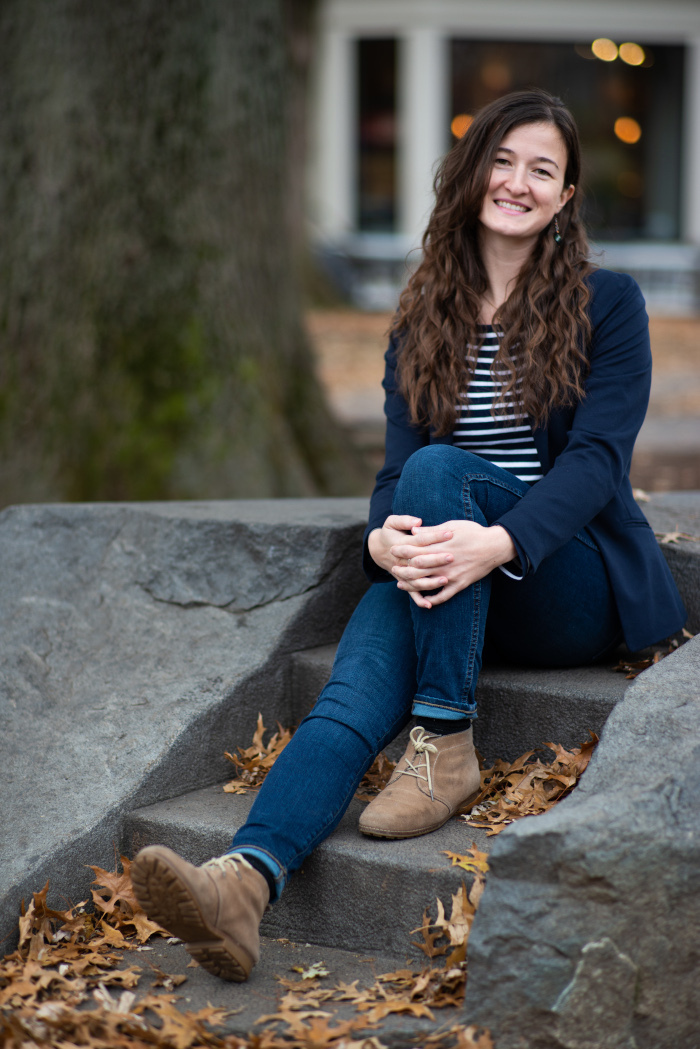Down the Wormhole

Ian C. Binns, Ph.D., is an associate professor of Elementary Science Education in the Department of Reading and Elementary Education at the Cato College of Education at the University of North Carolina at Charlotte. His Ph.D. is in Curriculum and Instruction with an emphasis on Science Education from the University of Virginia. Prior to coming to UNC Charlotte, Ian was a faculty member in the College of Education at Louisiana State University.
Ian’s research and community work primarily focuses on the interaction between science and religion. His goal is to help people understand science and religion, what makes them unique, their interaction, and how they both benefit society. Specifically, his research looks at how preservice elementary teachers’ scientific literacy and faith-based beliefs influence their perceptions of how socio-scientific issues, such as evolution, creationism, and intelligent design, should be addressed in the classroom. His community work includes public testimony in defense of science in Louisiana, efforts to help the science education community become more aware of attempts to undermine science instruction, and science-faith courses at the Episcopal Church of the Holy Comforter in Charlotte, NC.
Ian is married to Anne and they are the proud parents of twins, Eloise and John.

Rabbi Rachael Jackson has been the rabbi at Agudas Israel Synagogue since 2015. Prior to rabbinical school, she earned her Bachelor’s degree from Northern Arizona University and worked for a nearly decade as an analytical chemist. These two careers are not as divergent as one might think, for Rachael believes that science and religion are quite similar: while each discipline specializes in its own set of questions, both seek to explain the world.
Science and religion both inspire awe. One project in seminary involved young children at the local Jewish Community Center—“Science Wednesdays with Rabbi Rachael”. This joint outlook continues to inform and shape her current rabbinate. The large focus of her rabbinate is on exploring and imparting the meld of Judaism and modernity, and natural law and Jewish living. Rabbi Jackson was also a 2017-2019 fellow with Sinai and Synapses. She is especially interested in the field of medical ethics at those liminal moments of life.
Working and volunteering our community is key and as such, she is the Vice President (and incoming President) of the Interfaith Assistance Ministries.
Rabbi Jackson is married to Danyul and together they have an empathetic and enthusiastic young son, Adrian.

Rev. Zack Jackson is the pastor of Community United Church of Christ in Reading PA as well as an adjunct professor of theology at Palmer Theological Seminary. He holds a Bachelor's Degree in Ancient Languages from Wheaton College and a Master of Divinity from Palmer Theological Seminary. As a child, Zack dreamed of being a rocket scientist, but after being accepted to several engineering schools, he felt an unmistakable call to ministry instead. Throughout Zack's ministry, he seeks to explore how scientific inquiry and the scientific method can inform a more humble, reverent, and honest faith in God. To that end, Zack writes a science and faith blog (http://zackjackson.net) and is one of the organizers for the United Church of Christ's Science and Technology Network. He is also on the UCC's Environmental Justice Team and is particularly passionate about how climate change and environmental damage disproportionately impact the poor and underrepresented in our world.
Zack enjoys writing music with old video game systems, watching the Phillies blow the lead in the 9th, buying books that he will probably never actually read, and spending time with his incredible wife Nichole and their two wild sons.

Kendra Holt Moore is a Ph.D. student in Religion and Science at Boston University where she primarily focuses on the psychology of religion. She graduated with a Bachelor of Behavioral Sciences from Hardin-Simmons University and a Master of Theological Studies from Boston University.
Her research draws from findings in terror management theory, implicit bias research, and ritual theory to explore questions related to how religious cognition informs human behavior. Kendra hopes her research can further our understanding of what it means to be responsible bearers of the concepts that inform our navigations through the world.
Kendra likes practicing Tai Chi, biking, camping, paddle-boarding the Charles River, playing Pokémon Go, and cats.

Adam Pryor is Assistant Professor of Religion and Director of Core Education at Bethany College in Lindsborg, KS. A scholar of science and religion, having taken his Ph.D. at the Graduate Theological Union working under Robert Russell at the Francisco J. Ayala Center for Theology and the Natural Sciences, Dr. Pryor’s primary research concerns issues related to emergence theory, the origins of life, and reconceptualizations of embodiment. Working principally within Christian theology, his previous monographs include The God Who Lives: Examining the Emergence of Life and the Doctrine of God (Pickwick Publishing) and Body of Christ Incarnate for You: Conceptualizing God’s Desire for the Flesh (Lexington Books). His current research, which he began as a member of the Center of Theological Inquiry’s recent research program on the societal implications of astrobiology, considers how astrobiology effects Christian understandings of the imago Dei, driving us toward a vision of human being concomitant to work being done in environmental humanities. Dr. Pryor is concerned with how scientific concepts and problems can serve as a table around which interfaith dialogue can take place. Scientific research pushes us to ask personal, existential questions of deep religious significance, whether this is intended or not. As a fellow he is interested in more deeply considering how these existential questions provide vantage points on one’s own religious or non-religious ways of understanding the world as a meaningful whole that can then be catalysts for building relationship across religious differences.